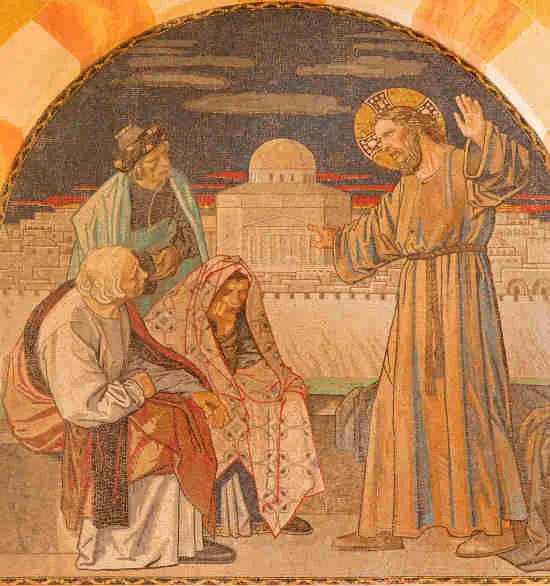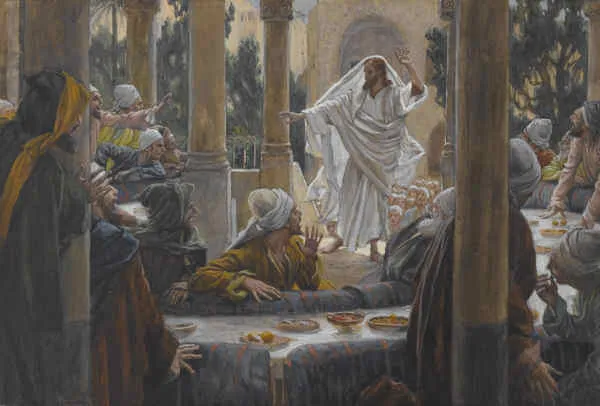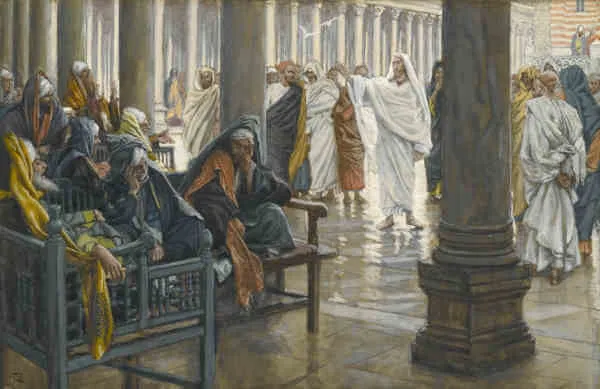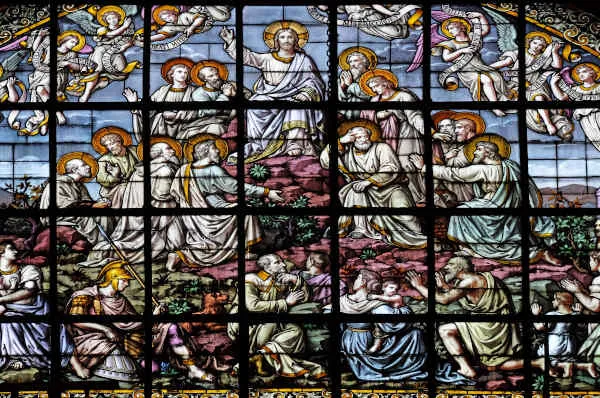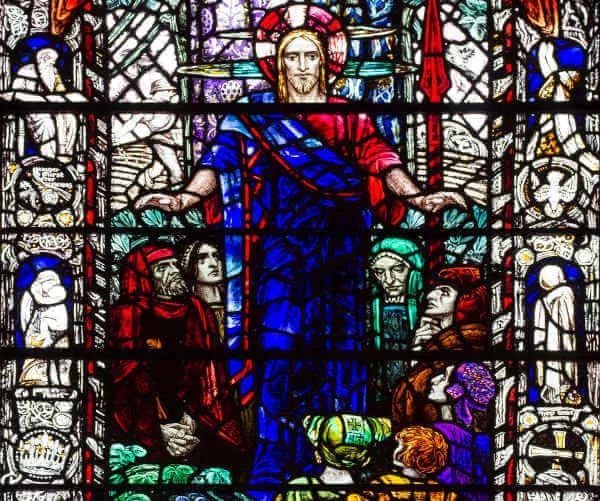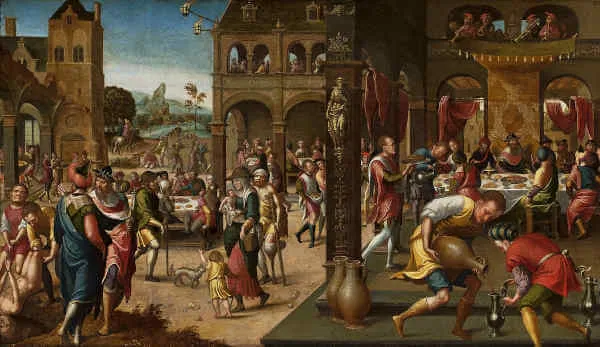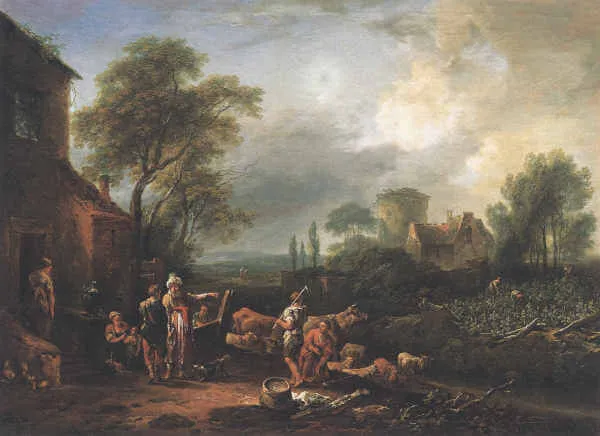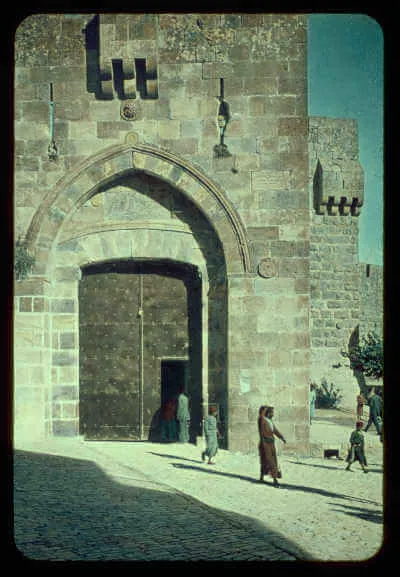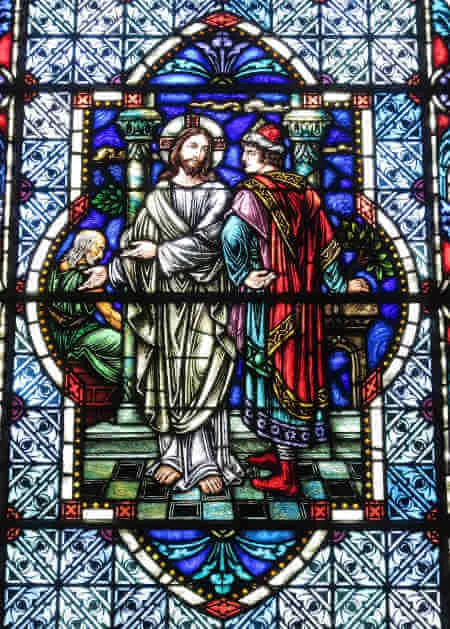Matthew 23:27-28
The Firmness and Strength of Love
Jesus said, “Woe to you, scribes and Pharisees, you hypocrites. You are like whitewashed tombs, which appear beautiful on the outside, but inside are full of dead men’s bones and every kind of filth. Even so, on the outside you appear righteous, but inside you are filled with hypocrisy and evildoing.”
Reflection:
This would not have been an easy thing for the scribes and Pharisees to hear. It is a hard truth, spoken by our Lord, partly in an attempt to shake them free of their sin. And even though they may not have enjoyed hearing this clear condemnation spoken, since it came from the Savior of the World, we can be sure that these are words of the deepest love and were spoken so that these men would repent and change their ways.
Perhaps each of us, at times, feels like criticizing another. Most often, when we feel this way, it stems from our own personal sin of anger. Perhaps we were hurt by another and that hurt results in a desire for a form of vengeance that comes from anger. But this was not the case with Jesus.
First, these words were spoken by Jesus to his disciples and to the crowds of people, not only to the scribes and Pharisees. So in many ways Jesus spoke this for the good of those who were suffering under the misguided leadership of these religious leaders. But Jesus knew that these leaders would also hear His words, so He spoke those words to them. But unlike us, He did it out of perfect virtue so as to care for their souls.
At times, each one of us needs to hear Jesus rebuke us in love. If any of the scribes and Pharisees were open at that time, then Jesus’ words would have first stung them to the heart but then had the powerful effect of challenging them to change. They needed this and so do we. When we become stuck in our sins, especially if obstinacy sets in, then we need to allow Jesus to challenge us firmly. Such a challenge can be rattling, but that rattling is sometimes necessary. Emotion and passion can lead to sin, but it can also lead to repentance and conversion. The passion with which Jesus spoke became an instrument by which their own passions made them sit up and take notice. The result was that they either became more steeped in their sin or they repented. And though most became even more steeped in sin, which ultimately resulted in their persecution and death of Jesus, we can hope that there were some who did repent, such as Nicodemus.
Reflect, today, upon the strength of Jesus’ words to these religious leaders. Though they were supposed to be both “religious” and “leaders,” they were neither. They needed Jesus’ strength, courage and firmness. They needed to be confronted directly and receive the hard and clear truth about their sin. Reflect upon what it is in your own life that Jesus wants to say to you. Is there an area of your life in which our Lord needs to address you with passion, strength, clarity and firmness? Most likely there is. Perhaps not in an area of serious sin like it was with these scribes and Pharisees, but if we are open, Jesus wants to powerfully go after every sin within us. Open yourself to Him and allow Him to help rid you of the sins with which you struggle the most. And be grateful for this grace when He does.
Source: https://catholic-daily-reflections.com/2024/08/27/the-firmness-and-strength-of-love-3/


